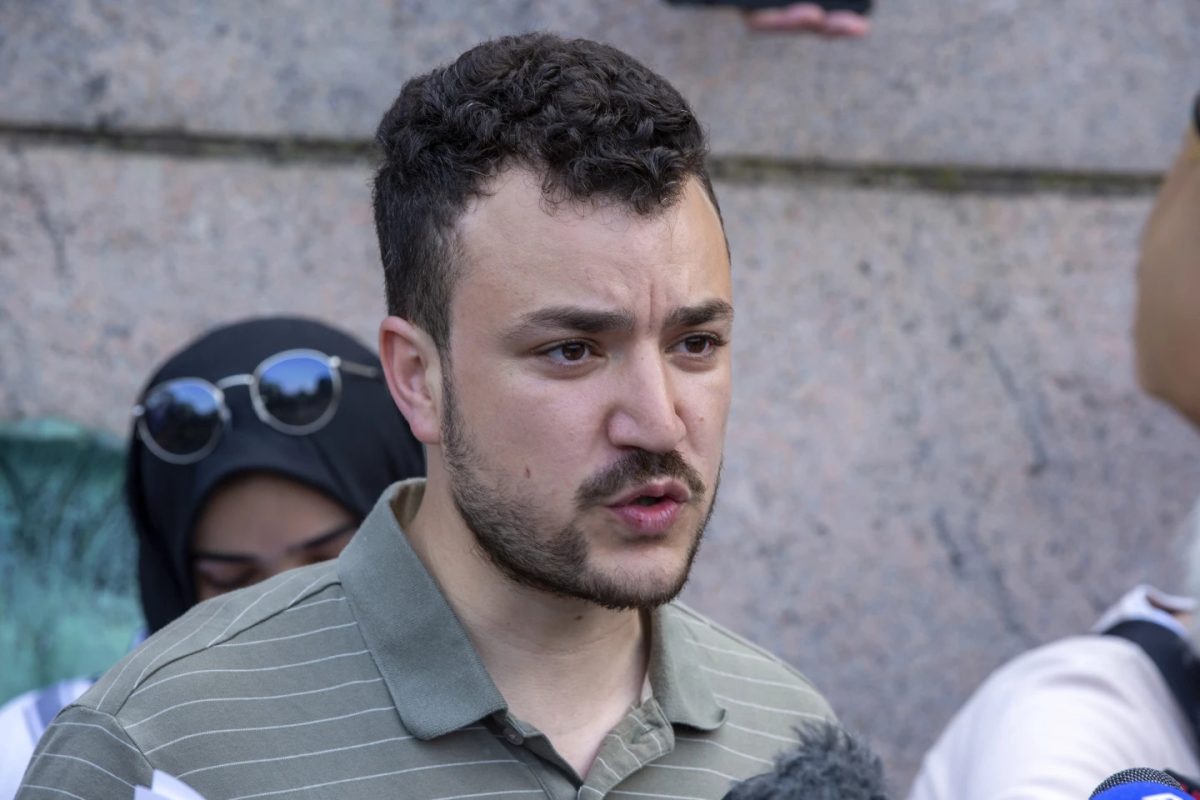In early March, former LSU Football Coach Les Miles stepped down from his role at the University of Kansas following public revelations that he had sexually harassed students for years. Not only that, but the man that hired Miles at KU — then-Athletic Director Jeff Long — also left his position at the university.
And, just a few days ago, former LSU President F. King Alexander stepped down from his new role as Oregon State University President following backlash from the Husch Blackwell report.
It’s good to see other universities holding former LSU officials accountable for their actions, but the question remains: why is our own university so unwilling to do the same?
The Husch Blackwell report found that former Athletic Director Joe Alleva had urged Alexander to fire Les Miles for his inappropriate behavior — and yet Miles remained at the University until his football coaching prowess slipped.
This, among other severe Title IX missteps under his administration, proves that Alexander was right to leave his position at OSU. However, we should not forget how Alexander came to our own university in the first place.
The LSU Board of Supervisors, despite a unanimously negative vote of confidence from the Faculty Senate, elected Alexander as president of the University in 2013. The administration that followed would turn out to be disturbingly complicit in sexual assault on campus and even became involved in elaborate coverups.
Now, as his reputation burns, Alexander is taking the LSU Board along with him. He alleges in a recent article from The Chronicle that the Board was deeply controlling in decisions involving athletics. Alexander describes a dinner during which Board members told him that he was to fire then-AD Alleva and hire Scott Woodward with a salary the Board had already negotiated without his knowledge.
Now — though there have been changes in membership over the years — the Board of Supervisors would like you to believe that the weight of blame for the findings of the Husch Blackwell report lies almost entirely at the feet of those no longer with the University.
It is unsurprising that the Board is eager to persuade our community that the corrupt individuals involved in Title IX mishandlings are all gone; that way, they can avoid having to actually hold anyone (especially themselves) accountable.
The truth of the matter is that the Husch Blackwell report identified several people still at the University that were complicit in the mishandling of Title IX cases and helped perpetuate sexual assault culture on campus.
Executive Deputy Athletic Director Verge Ausberry was told by former football player Drake Davis via text message that Davis had assaulted a female student. Despite the obvious safety issue, Ausberry did not report this act of violence to the Title IX Office. For his inaction, he received 30 days of unpaid leave.
The report also found Segar was involved in the mishandling of Title IX prosecution against former football player Derrius Guice. She received only a 21-day unpaid suspension from the University.
For years, Associate Dean of Students and Director of Student Advocacy and Accountability Jonathan Sanders has been letting sexual assaulters off with no more than a slap on the wrist. The majority of offenders disciplined by Sanders experienced no interruption at all to their life on campus. Despite 46 recorded Title IX violations in the past several years, only one student was expelled and only 18 were suspended.
Sanders gave troublingly lenient sanctions to those who committed terrible crimes against students on campus. This trend of offenders receiving virtually no repercussions for their actions perpetuates a University culture that permits sexual violence.
Survivors who dealt with Sanders during their investigations described overwhelmingly negative experiences.
One survivor told USA Today that Sanders had asked her what she was wearing the night she was raped. Others said Sanders didn’t even contact the witnesses for their cases.
A petition for Sanders’ resignation has been circulating recently. As one person who signed the petition explained, “I’m signing this because Jonathan Sanders makes SA survivors feel even worse than they did before meeting with him. He makes you lose all hope in the Title IX process.”
It is difficult to see how the University could believe Sanders remains fit for his position.
So let’s be clear: Les Miles and F. King Alexander did terrible things while at the University, but they did not act alone. To act as if the rot starts and ends with individuals who are no longer at the University is a disservice to our community, because many of their accomplices and enablers remain on campus.
And the rotten machinery that allowed such failures to occur — including a Board of Supervisors that is unrepresentative of and unaccountable to our community — remains firmly in place.
Other universities have done more to hold individuals accountable for the Husch Blackwell report than the actual university around which the investigation is centered. It is unacceptable that there have been no substantial consequences for the years of pain this administration has inflicted on survivors in our community.
Until there is accountability, the University’s promises for change ring dishearteningly hollow.
Claire Sullivan is an 18-year-old coastal environmental science freshman from Southbury, CT.
Opinion: University must hold those involved in Title IX mishandling accountable
March 28, 2021
The Tiger Stadium sign stays lit during the night of Feb. 28, 2021 on the LSU campus.
More to Discover






